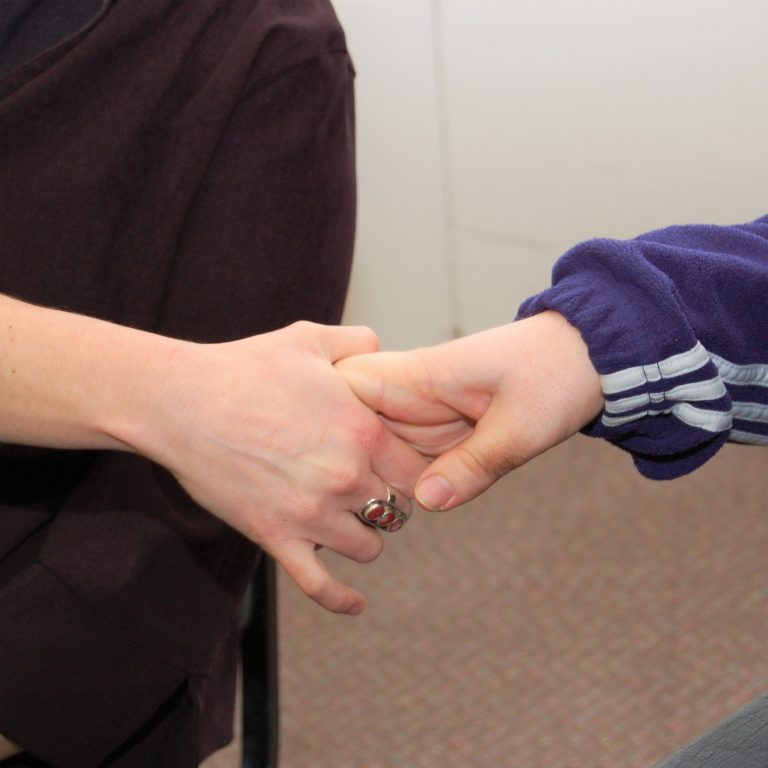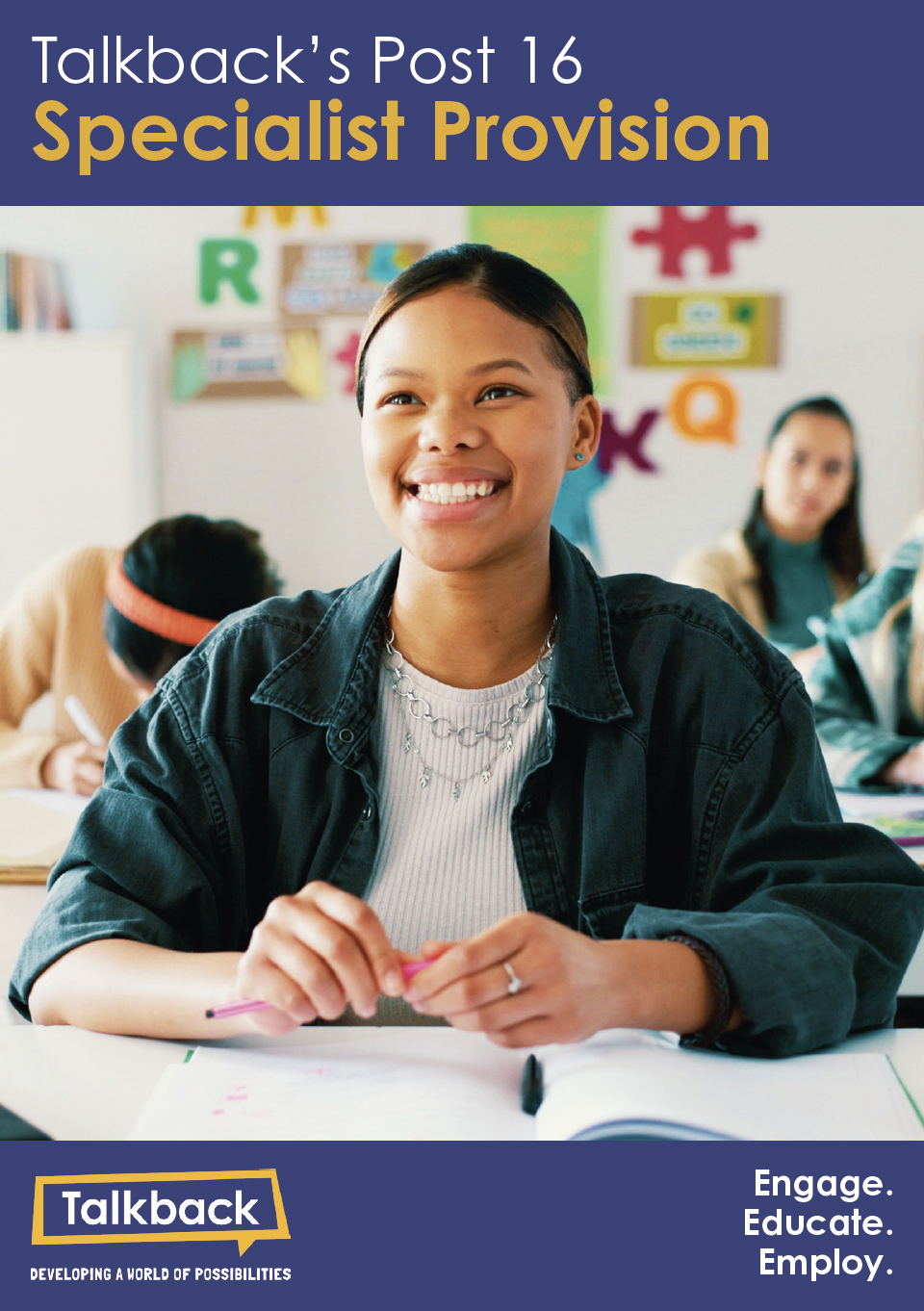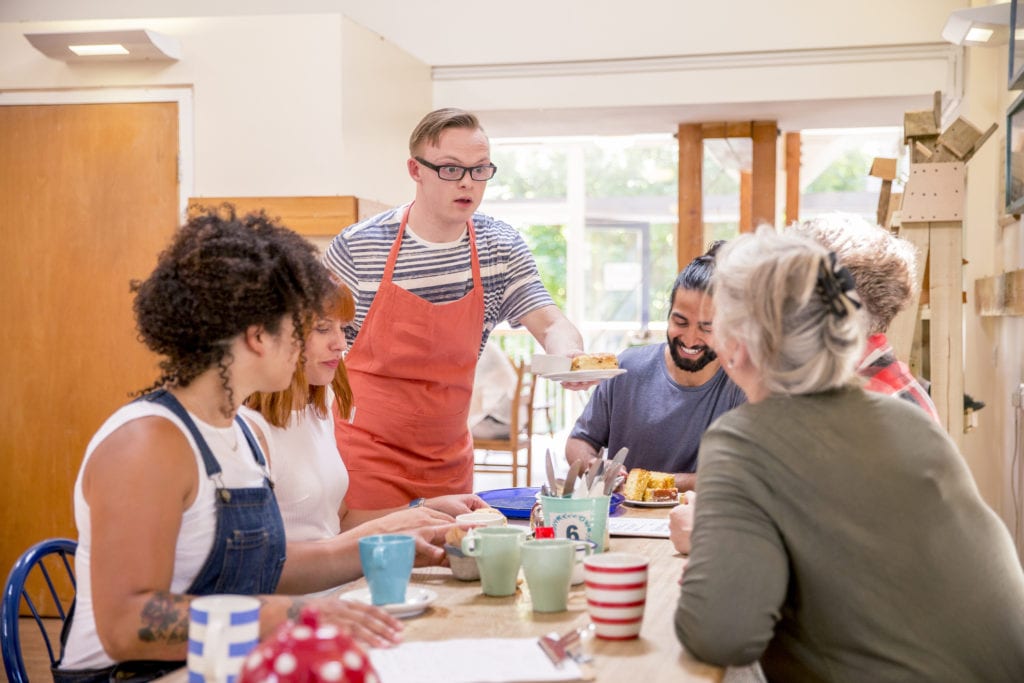My Experience
In my experience with autism, we seem to be people who are more accident-prone as well as being more susceptible to illness. My experience with GP’s has very rarely been satisfactory. This is not just about getting medical problems sorted but also about the experience of visiting the surgery and seeing the doctor.
Addressing the Issues
For me, the moment I make the appointment the nerves and anxiety kick in. Leaving an environment I have control over and going into a situation I have no control over is not just a struggle for me but also a lot of autistic people.
The waiting room is quite plain and echoey. Bright lights that highlight everything that is going on. Noisy kids playing and whole families coming along for one person to see the doctor. There is nothing relaxing about the waiting areas.
More times than not when I go to the surgery the GP’s are running late which does not help my levels of anxiety. When I finally get to the GP it feels rushed. Being autistic it would be nice to have a minute to adjust to the new surroundings. I have barely sat in the seat and the doctors asking me what I am there for.
One other problem I find is not always being able to see the same GP. For autistic people trusting someone enough to be able to open up and talk about our problems takes time. I also think that autistic people need regular health checks with GP’s not just people with a learning disability. For information about Health Checks, you can find out here: Annual Health Checks
Making Changes
- Having doctors specifically for people with autism.
- Doctors and GP staff taking autism training or revisiting their training so they can better speak, listen and adjust how they interact with us.
- Not making people with autism wait in the waiting area with everyone else – having a separate hidden disabilities area that caters for sensory differences.
- Give autistic people time to adjust, you are more likely to get the information you need.
- If possible, use technology to connect with the patient at home where they are comfortable and relaxed, either a phone call or video call.
- Softer lighting in waiting rooms and make them more colourful and inviting.
- If possible, minimise the number of people that accompany the patient.
- Providing resources to help patients with autism prepare for and visualise their visit to a doctor.
Visiting the doctors surgery is not always an enjoyable experience for anyone, however it would be nice to make it more inviting and bearable for autistic people and people with learning disabilities.
By Nicola Martin





